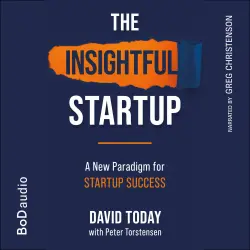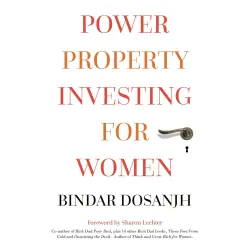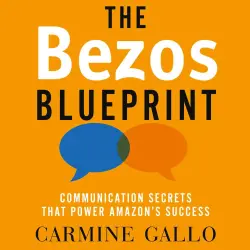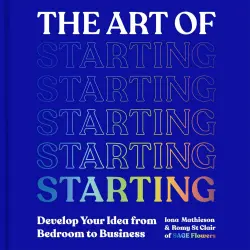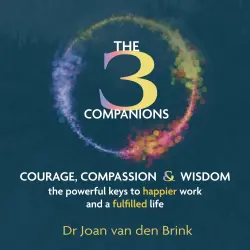Bridging the Values Gap - How Authentic Organizations Bring Values to Life
R. Edward Freeman
Unabridged
4 hours 9 minutes
Note: Costs may be incurred for playing the audio books or audio plays on the respective platforms, e.g. Spotify. Lismio has no influence on which audiobooks and audio plays are available on the service.
Some articles contain affiliate links (marked with an asterisk *). If you click on these links and purchase products, we will receive a small commission at no extra cost to you. Your support helps to keep this site running and to continue creating useful content. Thank you for your support!
From the publisher
Bridging the Values Gap Business has a values problem. It's not just spectacular public scandals like Enron (which, incidentally, had a great corporate values statement). Many companies fail to live up to the standards they set for themselves, alienating the public and leaving employees cynical and disengaged-resulting in lower productivity, less innovation, and sometimes outright corruption. The reason, argue top scholars and consultants Edward Freeman and Ellen Auster, is that all too often values are handed down from on high, with little employee input, discussion, or connection to the challenges and opportunities facing the organization. Although the words may be well-intentioned, they aren't reflected in the everyday practices, policies, and processes of the organization. This practically invites disconnects between intention and reality. To bridge this gap between the "talk" and the "walk", Freeman and Auster provide a process through which organizations can collectively surface deeply held values that truly resonate with everyone, from top to bottom. Their Values Through Conversation (VTC) process focuses on four key types of values conversations: introspective (reflecting on ourselves and how we do things in the organization), historical (exploring our understanding of our past and how it impacts us), connectedness (creating a strong community where we work well together), and aspirational (sharing our hopes and dreams). By developing values through discussions-casual or formal, one-on-one or in groups-VTC ensures that values are dynamic and evolving, not static words on a wall or a website. Freeman and Auster offer advice, real-world examples, and sample questions to help you create values that are authentic and embraced because they are rooted in the lived experience of the organization.




